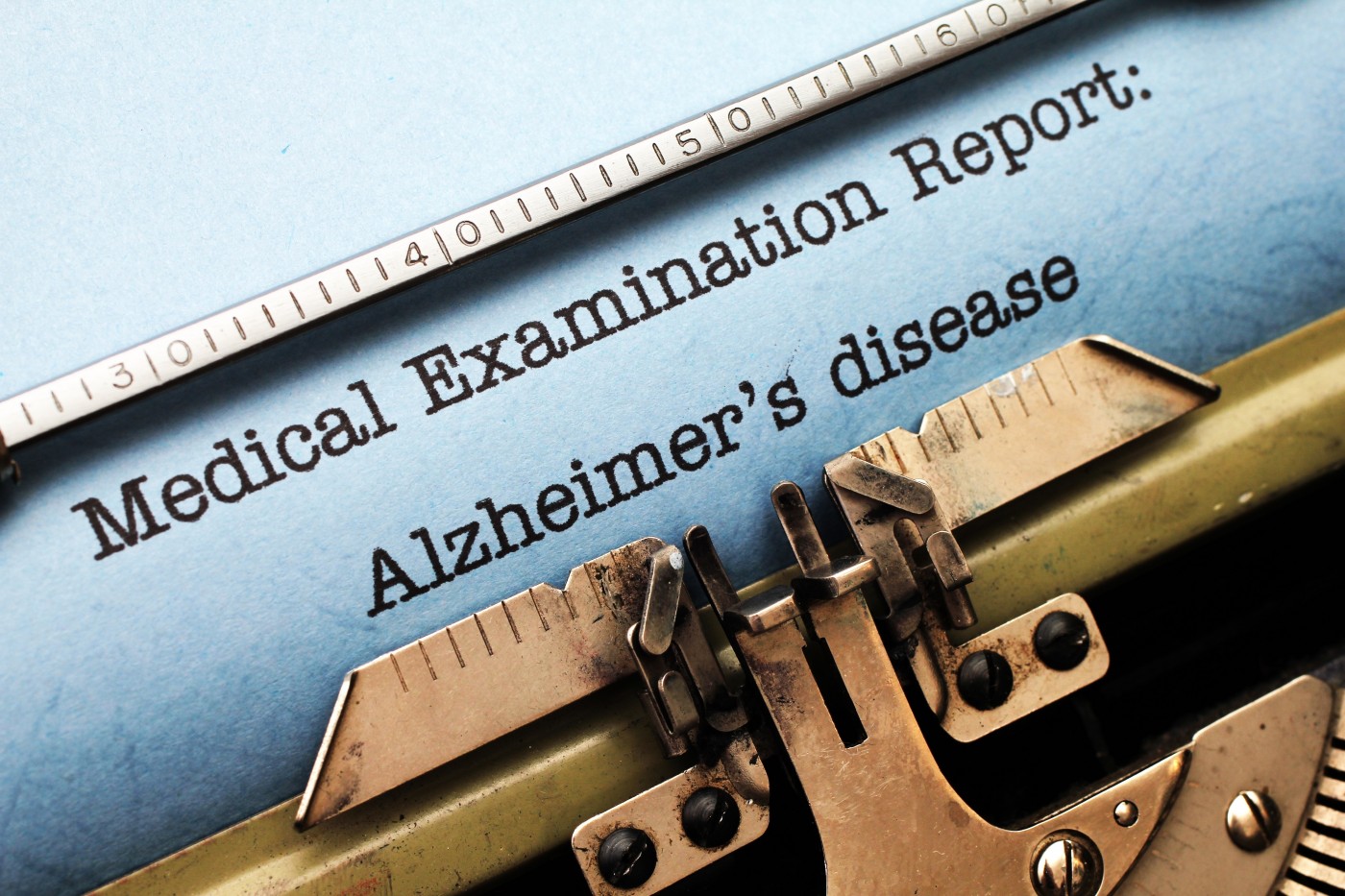Alzheimer’s Association Reports Lack of Disclosure on Disease Diagnosis by Healthcare Providers
Written by |

 The diagnosis of Alzheimer’s disease is vital for patients to plan their future, access proper healthcare services and make informed decisions regarding treatment options. However, the Alzheimer’s Association recently revealed in its 2015 Alzheimer’s Disease Facts and Figures that many individuals are being deprived from an accurate diagnosis. In fact, it is estimated that only 45% of Alzheimer’s disease patients or their caregivers were informed about the diagnosis by their doctor.
The diagnosis of Alzheimer’s disease is vital for patients to plan their future, access proper healthcare services and make informed decisions regarding treatment options. However, the Alzheimer’s Association recently revealed in its 2015 Alzheimer’s Disease Facts and Figures that many individuals are being deprived from an accurate diagnosis. In fact, it is estimated that only 45% of Alzheimer’s disease patients or their caregivers were informed about the diagnosis by their doctor.
“These disturbingly low disclosure rates in Alzheimer’s disease are reminiscent of rates seen for cancer in the 1950s and 60s, when even mention of the word cancer was taboo,” said the vice president of Constituent Services for the Alzheimer’s Association Beth Kallmyer in a news release. The report found that nowadays, over 90% of the people diagnosed with cancer were informed about their diagnosis.
The Alzheimer’s Association found that the diagnosis for Alzheimer’s disease was only communicated to the patients or caregivers at a more advanced stage of the disease. This can of course interfere with the patient’s ability to plan for future adequate care, financial issues and the fulfillment of life goals. “It is of utmost importance to respect people’s autonomy, empower them to make their own decisions and acknowledge that people with Alzheimer’s have every right to expect truthful discussions with their physicians,” noted Kallmyer.
Health care providers have reported that the reason underlying this lack of disclosure on Alzheimer’s diagnosis is the fear of causing a patient emotional distress. Previous studies have, however, provided evidence that only a few patients experience depression or other emotional problems after being diagnosed.
The report also provides information regarding Alzheimer’s prevalence, mortality and economic impact. “Alzheimer’s is a triple threat unlike any other disease – with soaring prevalence, lack of effective treatment and enormous costs. Promising research is ready for the pipeline, but there’s an urgent need to accelerate federal funding to find treatment options that effectively prevent and treat Alzheimer’s,” said Dr. Kallmyer.
Dr. William Klunk, chair of the Alzheimer’s Association Medical and Scientific Advisory Council, concluded “The findings from this report shine a light on the need for more education for medical students and practicing health care providers on how to effectively make and deliver an Alzheimer’s diagnosis.”
Alzheimer’s disease is the sixth-leading cause of death in the United States and the fifth-leading cause of death among individuals aged 65 or older. It is a neurodegenerative disorder where individuals initially experience memory loss and confusion that gradually leads to behavior and personality changes, a decline in cognitive abilities, and ultimately the severe loss of mental function. The Alzheimer’s Association estimates that 5.3 million Americans have Alzheimer’s disease, and that in 2050 the number will rise to 13.8 million. One in every three seniors is estimated to die with Alzheimer’s disease or other dementia.





